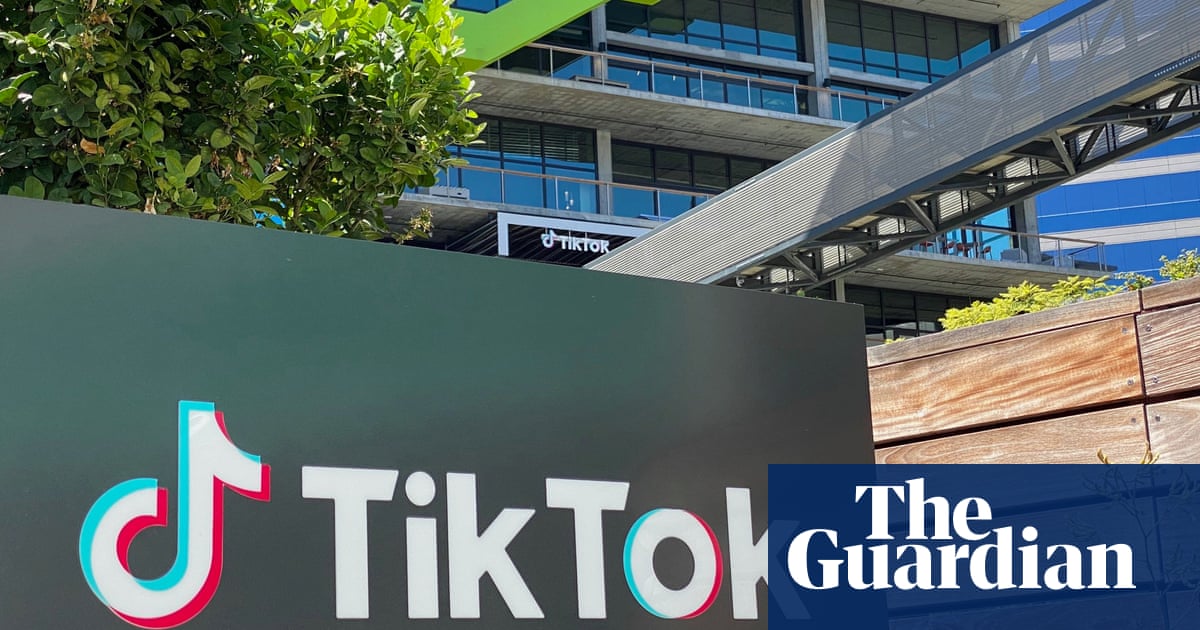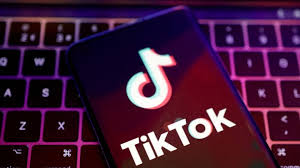President Donald Trump recently expressed confidence in striking a deal to divest TikTok from its parent company, ByteDance, by the approaching Saturday deadline, affirming that there is significant interest from potential buyers. This move comes after Trump extended the previous January deadline set by a 2024 bipartisan law, pushing the new deadline to April 5, to have TikTok sold off to a non-Chinese entity due to national security concerns raised by lawmakers.
Reports have indicated that private equity firm Blackstone is considering acquiring a stake in TikTok, joining a consortium of non-Chinese shareholders seen as leading bidders for the app. Despite these developments, TikTok has not yet responded to requests for comment on Trump's pledge to keep the app operational within the U.S.
Throughout past months, TikTok faced a temporary blackout in the U.S. after being effectively banned under federal legislation. President Joe Biden signed the Protecting Americans from Foreign Adversary Controlled Applications Act, requiring ByteDance to divest TikTok by January 2025 or face a ban, as concerns persisted over potential data-sharing with the Chinese government.
Trump's stance on TikTok has evolved, initially supporting a ban but later indicating a desire to salvage the app post his 2024 presidential election victory. In a bid to maintain accessibility, Trump assured internet hosting services and app stores that restoring TikTok after the ban would not result in legal repercussions, although some companies remained cautious due to possible fines under the legislation.
As the April 5 deadline looms, three Democratic senators penned a letter to Trump, urging him to work with Congress on potential resolutions to avoid the TikTok ban. The senators proposed the Extend the TikTok Deadline Act to prolong the sale deadline to October 2025, emphasizing the need for collaboration between the executive and legislative branches to address the issue.
Trump's administration has been engaged in discussions with various groups interested in acquiring TikTok, aiming to secure a deal by the upcoming deadline. Trump's willingness to reduce tariffs on China to facilitate the sale showcases the significance placed on resolving the ownership dispute of the social media platform.
Concerns over TikTok's ties to the Chinese government have led to heightened scrutiny and the looming ban if a non-Chinese buyer is not secured by April 5. The White House has been deeply involved in negotiations, with investors working on a plan for non-Chinese entities to acquire TikTok's U.S. operations, underscoring the complexity of the deal.
Despite the uncertainties surrounding TikTok's future in the U.S., the company has embarked on an extensive marketing campaign highlighting its impact on individuals and small businesses, positioning itself as a vital platform. As the deadline approaches, TikTok is ramping up efforts to secure a deal that safeguards its operations and user base in the U.S.


